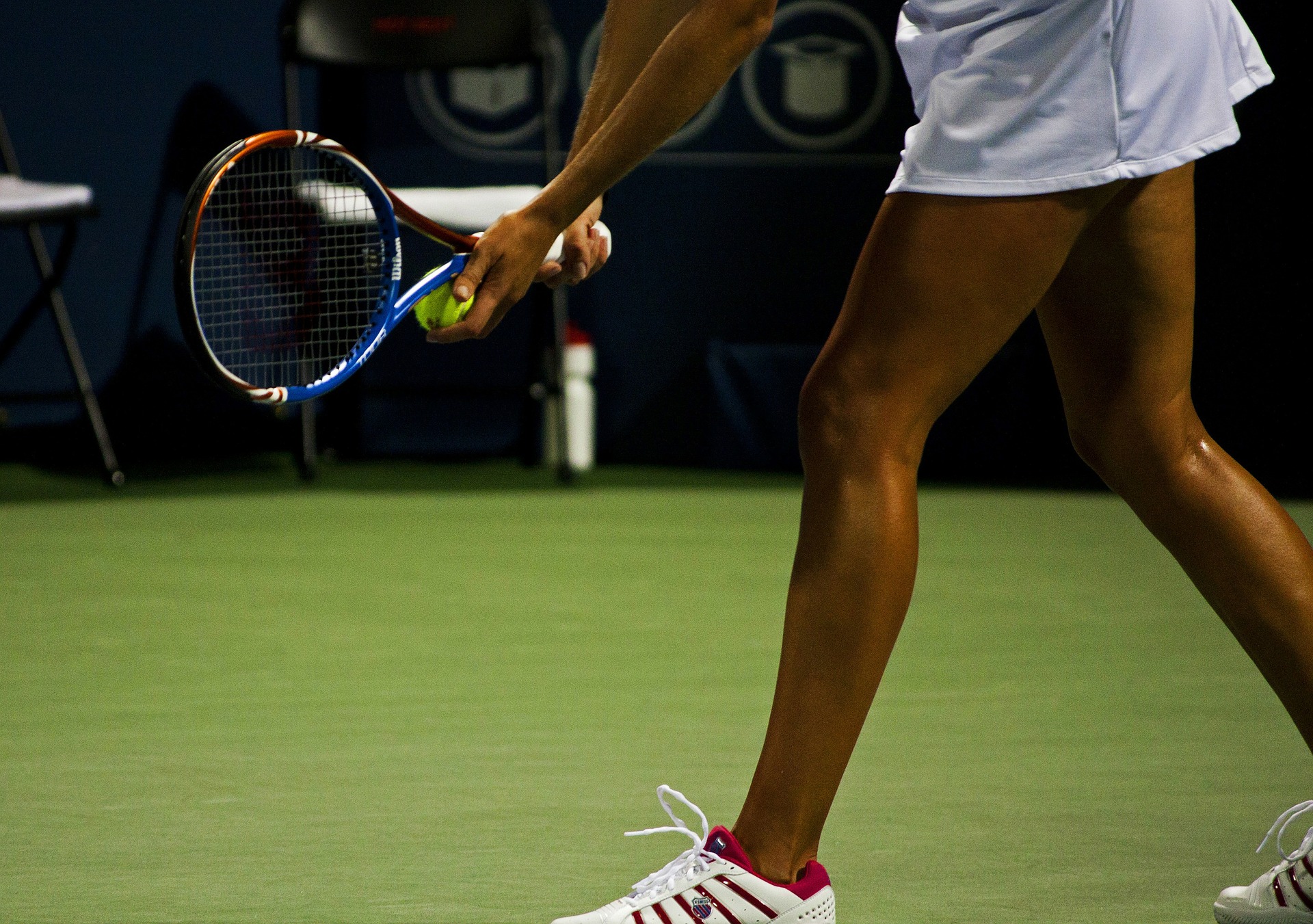Sport has a remarkable ability to break down barriers worldwide, which is particularly evident in the stories of trailblazing Arabian women who have risen to the top of their fields. Despite traditional resistance to women’s rights in sports across Middle Eastern countries, there are women who have challenged long-standing beliefs and inspired the next generation. This article will explore how Arab women have defied the status quo.
Ons Jabeur
One of the most influential figures in inspiring the next generation of Arabian tennis stars is Tunisian tennis player Ons Jabeur. The 29-year-old has ascended to global icon status through her remarkable performances on the court. As the former world number two, Jabeur holds the distinction of being the highest-ranked Arabian player in WTA and ATP Tour history. She is among a select few from the region to have clinched a professional title, boasting five victories on the WTA Tour and appearing in eleven singles finals overall.
Jabeur’s most notable achievements have come at Grand Slam events. She reached the finals at Wimbledon in 2022 and 2023 and made a strong showing at the US Open 2022. Her advancement to the finals marked a historic moment as she became the first North African and Arabian woman to contest a major final.
Jabeur’s success on the court has elevated her status and helped expand tennis’s reach to new audiences. The sport is now enjoying increased popularity in Africa.
Ines Boubakri
The Olympic Games is one of the most watched sporting events globally, giving athletes the platform to represent their country to the world. Ines Boubakri’s remarkable journey vividly demonstrated this. The fencing star etched her name in history at the 2016 Olympic Games by becoming Tunisia’s first medallist and securing a bronze medal. Boubakri has consistently represented her nation at the highest level, with notable appearances, including her debut at the 2008 Olympics, where she suffered a defeat in the preliminary round. She improved upon this performance by reaching the quarterfinals at the 2012 Games. Throughout her career, Boubakri has succeeded at the World Championships, earning bronze medals at both the 2014 and 2018 editions.
Habiba Ghribi
There have been few more important Tunisian track athletes throughout history than Habiba Ghribi. The 39-year-old made history at the 2012 Olympics after winning the 3,000-metre steeplechase gold.
In doing so, she became the first woman to win a gold medal for the nation at the Olympic Games. She also has a dominant record on track, boasting the best time over the 3,000-metre distance. Ghribi also competed in the IAAF World Cross Country Championships on several occasions, but her greatest moments came in track events. Aside from winning Olympic gold, the Tunisian also won the top prize at the 2011 World Championships before winning a silver medal at the 2015 event.
Sarah Attar
Sarah Attar made history at the 2012 Olympics by becoming one of just two female athletes to have represented Saudi Arabia at the global sporting event. As well as competing at the Olympics in 2012, she would once again be competing when competing in the marathon at the global event four years later.
Despite being born in the United States, she has represented Saudi Arabia for her father throughout her career. The 31-year-old has been consistent across many events throughout her track career, including setting a nation-best time over 800 meters before the 2012 Olympics.
Attar is one of the most important trailblazing stars from Saudi Arabia, as she ensured that the long ban placed on women from the kingdom was ended in 2012. That means future stars could use her as one of their greatest inspirations if they dream of competing at the Olympics.
Conclusion
There has been no shortage of exciting Arabian stars throughout sporting history, with each playing their part in breaking down the stereotypes of sport within their respective regions. The pivotal roles that women like Ons Jabeur and Sarah Attar have played have ensured that there is now a route to the top level of sport across all Arabian nations, meaning that it is only a matter of time before success is achieved at the highest level.
